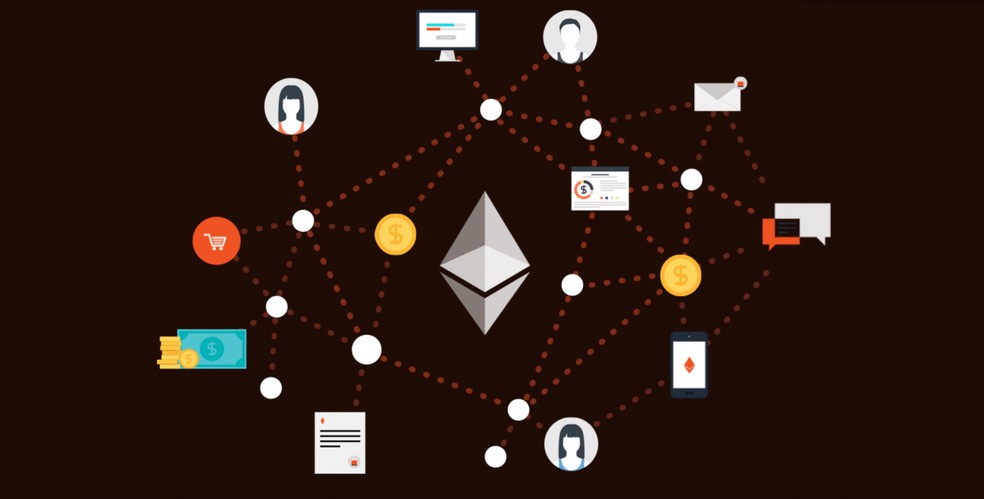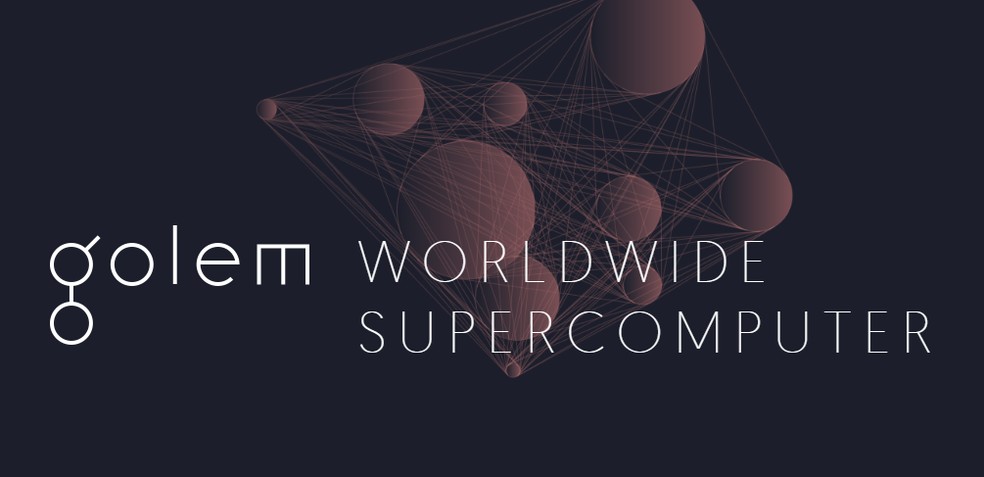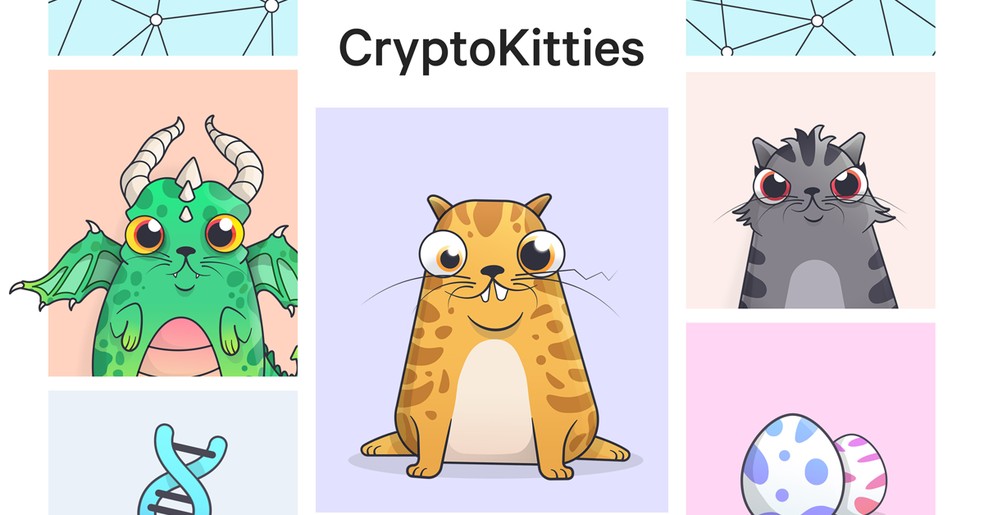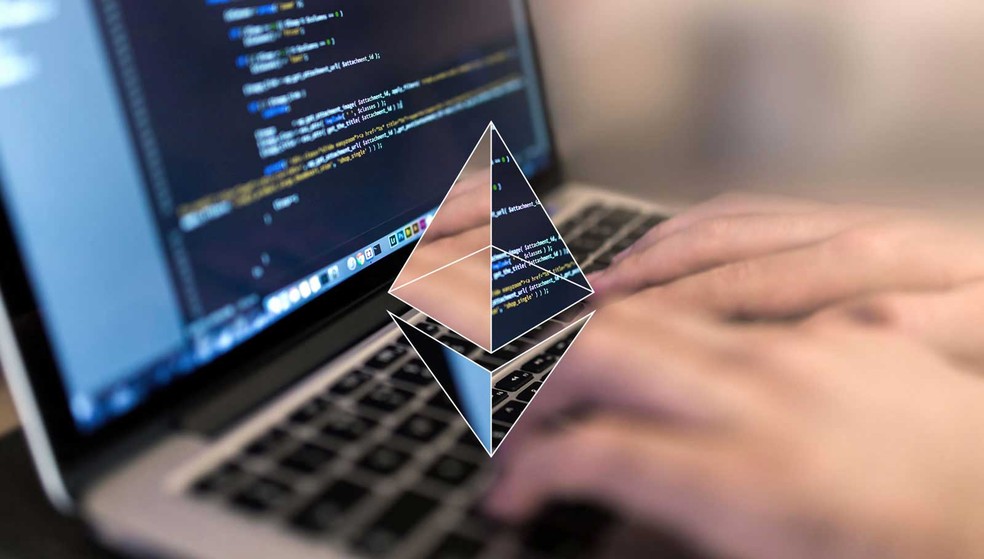On the rise in recent years thanks to Bitcoin's high, blockchain promises much more than transforming financial systems. The technology behind virtual currencies can revolutionize the structures of the Internet and reach all kinds of industries. To this end, developers rely on decentralized applications, which are essentially blockchain-based software, a mechanism capable of validating and preserving transactions through a shared high security registry.
READ: Five blockchain facts you need to know
Leading global companies, such as Microsoft, Facebook and LG, have either adopted the feature or are about to join it. The financial market, the initial target of the creator of Bitcoin and blockchain, invests more than $ 1.7 million a year in technology. Understand below how decentralized apps, also known as dapps, bridge the gap between blockchain and users.

Many decentralized apps are created with the Ethereum blockchain Photo: Reproduo / CryptoCurry
Want to buy cell phones, TV and other discounted products? Meet Compare dnetc
Most of the known programs are centralized, that is, they are controlled by a single entity. This person saves and provides all the data, and everyone depends on him to use the software. With the dapps, the client-server relationship follows a completely distributed model, which is reflected in a series of characteristics.
Decentralized applications must have open code and operate autonomously, without a particular authority in control. Any changes are made after a consensus is reached among the participants. Protocols and information are stored in blockchain, protected by encryption and accessible to the decentralized network.
Tokens are issued, a kind of virtual token with an assigned value, to allow access to the network and also reward users. Tokens are generated through an algorithm that encourages the contribution of network members. In the case of Bitcoin, the greatest example of a decentralized app, the mining process offers new currencies to those who lend the capacity of their computer to process transactions, ensure security and maintain network synchronization.

Blockchain based on dapps Photo: Davidstankiewicz / Wikipedia Creative Commmons
According to the document The General Theory of Decentralized Applications, published in 2014 on GitHub, there are three types of dapps. Type I consists of applications that have their own native blockchain, such as Bitcoin. Type II protocols use the blockchain of a Type I dapp and need tokens to function. Finally, Type III decentralized apps are also protocols and have tokens, but use a Type II dapp protocol.
To make it clearer, we can make an analogy with common software. Type I dapps are like Windows, macOS, Linux operating systems. A Type II dapp is similar to a generic program, such as Word, a word processor, or Dropbox, a file manager. And Type III dapps would be applications with more specialized solutions, such as a direct mail tool that uses a word processor.
Everything that a common program can do, a decentralized app can do better. They are a fast, affordable and efficient way to process large volumes of data. First, the decentralized nature of this software provides a high level of security. Since the information is distributed in a shared registry, a malicious hacker would have to access all machines connected to the network to get an attack.
This security is also in the immunity to physical failures, as the data is not kept in a data center, subject to power outages and other defects. Transparency is another important point: all transactions carried out on a blockchain can be easily verified. In addition, in this type of ecosystem, community involvement is encouraged. Everyone can contribute to the management of a dapp and can still be rewarded for it, so in the interest of people to actively participate and produce.
The most popular case of decentralized Bitcoin cryptocurrency app. Another known example is Ethereum. This dapp, however, is much more comprehensive than its virtual currency, Ether. It is an open platform aimed at executing smart contracts, used as a basis for other software in the most diverse categories. That is, Ethereum is a Type I dapp widely used by Type II decentralized programs. But there are other examples to illustrate a more concrete idea of blockchain applications.
Golem: a global market for machine processing power, created with Ethereum. Through the system, anyone with idle computing capacity can assign it to the Golem network, in exchange for tokens. Who needs, buy. It has already been used by artists to render animations made with computer graphics.

Golem a global market for processing power Photo: Reproduo / Crypto New Network
Sia: It does the same as the Golem, but with data storage. Users who have space left on the hard drive can sell it. For those who wish to purchase a few gigabytes and save their files, the price is low compared to traditional cloud storage services. Sia has its own blockchain.
Aragon: Decentralized administration platform built in Ethereum. Dapp's goal is to create private decentralized autonomous organizations (DAO), including arbitration, token and transfer management, role assignments, fundraising and more. The Aragon Network Token (ANT) allows people to participate in the operation and decision making of the network.
CryptoKitties: Game in which users collect and raise virtual kittens, which can be quite expensive. Each cat is defined by a unique code, which defines its appearance and personality. Players can even use their animals to breed and breed new CriptoKitties. The game, also developed with Ethereum, has already moved more than US $ 40 million.

Game uses blockchain to generate unique virtual kittens Photo: Reproduction / CryptoKitties
Peepeth: Decentralized alternative to Twitter, immune from censorship. The social network works in much the same way as the microblog, but everything is registered on blockchain, instead of on a company's servers. You need to pay in Ether to register with Peepeth and also every time you do it. They are low values, equivalent to a few cents.
Despite all the advantages of blockchain and the growth of decentralized apps, there are still obstacles to mass membership. Starting with the creation of new dapps: developers have to face complex information storage, system maintenance and debugging processes.
Furthermore, since there are still few users of blockchain-based tokens and browsers, it is difficult to attract enough people for the success of a software. Another challenge is that, even without a clear user base, the creators of these applications need to sell, at the beginning, tokens that give access to services.

Developing decentralized software can be complicated Photo: Reproduo / Ethereum World News
Experts, however, are optimistic. According to a recent report by Juniper Research, a British market intelligence firm, there will be a significant expansion of dapps over the next year. The researchers believe that those dealing with identity verification or tracking the origin of products are the most promising.
The idea is that the blockchain application becomes invisible and the common user can use a decentralized program like any other, on the computer, on the smartphone, on the smartwatch.
